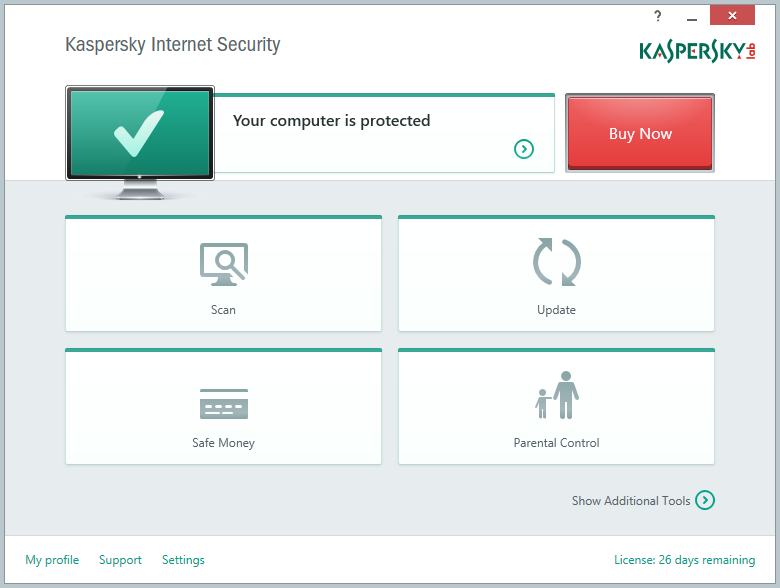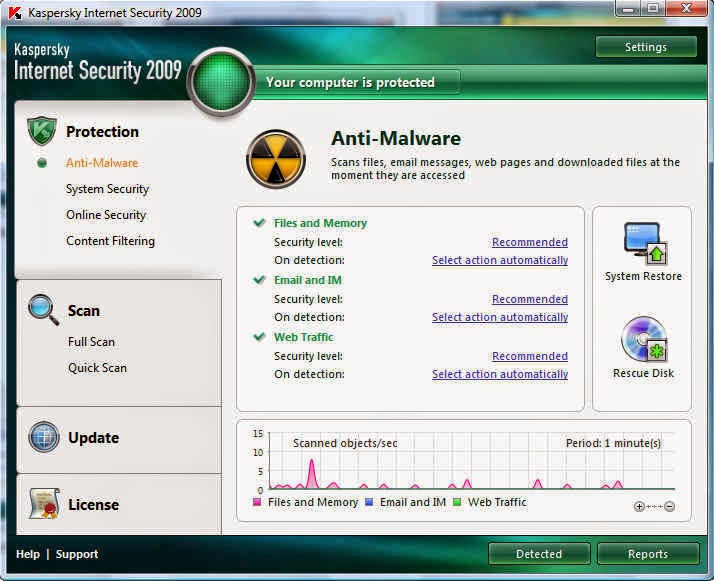Today I wondered something - Amazon is already a powerhouse in online selling. It knows its customers' tastes. It knows the pulse of the public. It knows what sells and what doesn't. What if Amazon entered the online ads business too, just like Google? Amazon would not only show you targeted ads, it would also take you to Amazon's websites to complete the transaction [Google currently only serves ads, but doesn't allow/host actual transactions itself]. The prospect of Amazon offering advertising and retailing businesses in a combined form looks so powerful, it's almost scary.
Friday, September 18, 2015
Friday, May 15, 2015
A nation learning aircraft manufacturing by experimenting with a military aircraft is an example of consequentialism/utilitarianism
Think of China's Xian Y-20, a military transport aircraft. China isn't an expert in aircraft manufacturing, so it can experiment with this more safely, and with a lower-risk approach by first doing a military plane [fighter or tanker or transport]. In blunt words, this means that even if China initially loses a few of these military birds, the media/public uproar will be significantly lower owing to these being military planes, compared to if these had been regular civilian ones carrying fare-paying passengers. The news "10 PLAAF soldiers have perished in a Y-20 military transport plane crash." sounds far less alarming to the media/public/world than the news "An Air China Y-20 regional airliner has disintegrated during flight, with all 75 passengers presumed dead.".
All of this might sound unethical and wrong, but is very practical and this is how the world works, no matter how much we try to escape it or deny it. The key point here is that military planes are a sort of safer sandbox for Chinese - or any other - engineers to hone their design/manufacturing skills. Putting young men on crude, unforgiving and untested machines does seem unethical, and of course there will be casualties, and post these initial casualties and post skill development, the engineers will be ready to start designing and building planes for regular commercial flights, an area that's far more under the scanner of the media/public.
And since military planes usually carry far lower number of souls than civilian ones, this approach to learning aircraft manufacturing is fundamentally just another example of consequentialist morality, or utilitarianism.
And since military planes usually carry far lower number of souls than civilian ones, this approach to learning aircraft manufacturing is fundamentally just another example of consequentialist morality, or utilitarianism.
Friday, March 13, 2015
Western media purposely doesn't report devilish statements made by prominent Western officials, think tanks, etc.
ALSO SEE OID 192Z.
The proof the claim in the title of this post are these two screenshots from Google:
The proof the claim in the title of this post are these two screenshots from Google:
Only Russian news outlets [Sputnik, RT, etc.] have reported on this newsworthy story. It is not a coincidence that no Western news outlet has reported this, let alone express outrage.
Tuesday, February 24, 2015
BlackBerry Assistant, Cortana, Google Now, Siri, etc., will provide significant boost to NSA's spying obsession
These 4 and other Cloud-based voice control services will provide valuable voice samples fodder to the NSA's voice-matching software [assuming the NSA will be able to intercept these samples as they're sent to the Cloud for processing], giving it a boost in recognizing people far more accurately. NSA will now be able to match requests/searches made through these services with intercepted phone calls, and thus draw further context about an individual. Cool.
Tuesday, January 27, 2015
Kaspersky Internet Security 2015's user interface does not inspire confidence
Anti-malware software shouldn't just protect computer systems from hacking/malware/phishing; the suites should also make the owner/user feel confident. The latter requires that psychology be addressed. Previous versions of KIS have boasted confidence-boosting user interfaces which clearly and boldly tell you - the user - that you are protected. Not anymore. KIS 2015, apparently in the interest of minimalism/simplicity, eschews the bold interfaces found in previous versions in favor of a rather bland and uninspiring design. Not good, even if the underlying protection technologies are the best ever!
KIS 2015:
Older versions:
Update [Jan'15]: Screenshot below is from F-Secure Internet Security 2014. It shows that the suite contains several distinct protection modules, all of which work in parallel to protect the system/user. Such a list of modules provides confidence to the user that, despite the minimal interface of this product, there are multiple technologies at work in the background.
Monday, January 26, 2015
BlackBerry should work to establish its BB10 operating system on smart TVs
Time is quickly running out for BlackBerry. Network effect is deeply at play in the smartphone market, to the disadvantage of BlackBerry [irrespective of how good BB10 OS itself is]. One opportunity, however, that is ripe for exploitation is the still-evolving market for "smart TVs", the ones that increasingly resemble computers and smartphones, yet remain essentially TVs.
No software platform or manufacturer is a leader in this still-emerging space. BB should act fast and partner with a solid TV-maker to launch a range of BB10-powered smart TVs. The lack of applications for BB10 OS doesn't hurt BB in this market [at least not yet]. BB10 is a solid OS and its spread into the smart TVs market will bring benefits to BB10 on smartphones as well [increased developer awareness, increased application development, increased consumer familiarity with BB10, etc.].
Monday, December 29, 2014
Let the relative cost efficiency of VoIP technology drive the Indian telecom market's future course
Airtel's decision to charge for VoIP calls made using applications such as Skype, WhatsApp, etc., shows that it is trying to protect its lucrative franchise - voice calls revenue - by artificially making it more expensive to make the same calls using a technology which is otherwise much cheaper. That voice calls can be made over VoIP for a fraction of what Airtel, etc., currently charge for regular voice calls is example enough that the true cost of these calls is actually much lower than what is being charged to us, the users. Alternatively, it is [strongly] possible that currently there is cross-subsidization taking place [expensive voice calls revenue is subsidizing cheap data rates, with the latter's true cost actually higher than what is being charged to us]. If the alternative scenario is true [that is, data should actually be costlier and regular voice calls should be cheaper], then any loss of revenue from a shift of voice calls to VoIP will result in reduced revenues/profits for telecom firms [assuming unchanged data rates]. Eventually, over the medium/long term, telecom firms will automatically be forced to raise data rates in order to sustain their businesses, thus correcting the cross-subsidization and bringing prices of both regular voice calls and data closer to how the market dictates.
Tuesday, December 23, 2014
CIA/US could be cultivating a pro-US future Prime Minister of Pakistan in Malala
The kind of attention that US is giving to Pakistan's Malala, including an undeserved Nobel Peace Prize, can mean only one thing - that the US sees her as a long term geopolitical pawn to tame Pakistan's politics. She's probably being cultivated/nurtured as a future PM of Pakistan, and all the media and political coverage that she's getting [and will probably keep getting] will culminate in her eventual entry into Pakistan's politics [with heavy support from the US], with the target of the highest seat. From there, the US can then indirectly control Pakistan. A great, albeit indirect, method of regime change.
Wednesday, December 10, 2014
BlackBerry 10 OS has this amazing yet little-known ability to run built-for-Android APK files!
I think not many people are aware that you can run at least several Android applications directly on the BlackBerry 10 OS, if you get your hands on the .APK files for those applications. Several websites, such as this one, provide APK files for you to download. Download an APK file like any other file to your BB10 phone, then check it for malware at VirusTotal and/or Jotti's malware scan. If it's all clean, run the file. BB10 will ask/caution you if you're sure about installing an application from a source other than BlackBerry World, and when you proceed, in at least many/most cases the application should both normally install and run.
And remember, these Android applications that you're able to run on your BB10 phone are in addition to the native applications available for BB10 over at BlackBerry World. Terrific!
Update [Feb'15]: A positive indirect effect of BB10's support for Android/APK is that in case you don't like an application in BlackBerry World, you [usually] have the option of ignoring it, and instead using the APK version of the same application. For example, the WSJ application for BB10 in BB World is kind of half-cooked and lame, so I removed it and instead installed the latest APK of WSJ. The latter is so much better [screenshot below]!
Wednesday, November 05, 2014
Indian government or the RBI should create a "rainy day" fund which is used to shield the public from "spikes" in petroleum prices
The "spike" term has been purposely used as opposed to a longer "surge" [similar to electrical meanings]. Crude price is low these days [Nov'14] and the Indian government has recently deregulated the price of diesel. Suppose that petrol and diesel are currently selling at prices INR X and Y per liter, respectively. I think the Indian government should create a separate fund titled "Short Term Petroleum Price Shield Fund [STPPSF]". The current prices of petrol and diesel should be hiked by INR Z per liter each [e.g., sell at X+0.5 and Y+0.5] and the entire extra proceeds coming from the hike of INR Z should be put into the STPPSF. If at a point in the future the price of crude rises a lot for a short while, the funds parked in the STPPSF can be tapped to "shield" the public for a short while by temporarily providing a subsidy [thus giving people some time and a "ramp" to make a smooth transition to higher prices]. The funds in the STPPSF can be actively managed the way the NPS corpus is managed, to provide good and stable returns, while preserving the facility to withdraw funds at a short notice.
A few side notes. First, it needs to be ensured that a government can't tap into the STPPSF for political gains [near the elections, for example], perhaps by requiring the consent of India's Election Commission. Secondly, a committee can be convened at regular intervals to set the value of Z based on prevailing crude price and other factors [these factors and any formulas to be used can be worked out by experts]. Third, this method is essentially like a "provision" or a "contingency", a way to "shift" the burden of subsidy from time P [when crude is expected to be high] to time Q [when crude is low, as it is right now]. Z will assume a negative numerical value when the STPPSF is being utilized in order to provide temporary relief to the public. Fourth, in the event of an unexpected spike in crude prices, this fund will shield not only the public, but also the government - the government won't have to divert funds from elsewhere to provide a subsidy to the public.
Subscribe to:
Posts (Atom)











